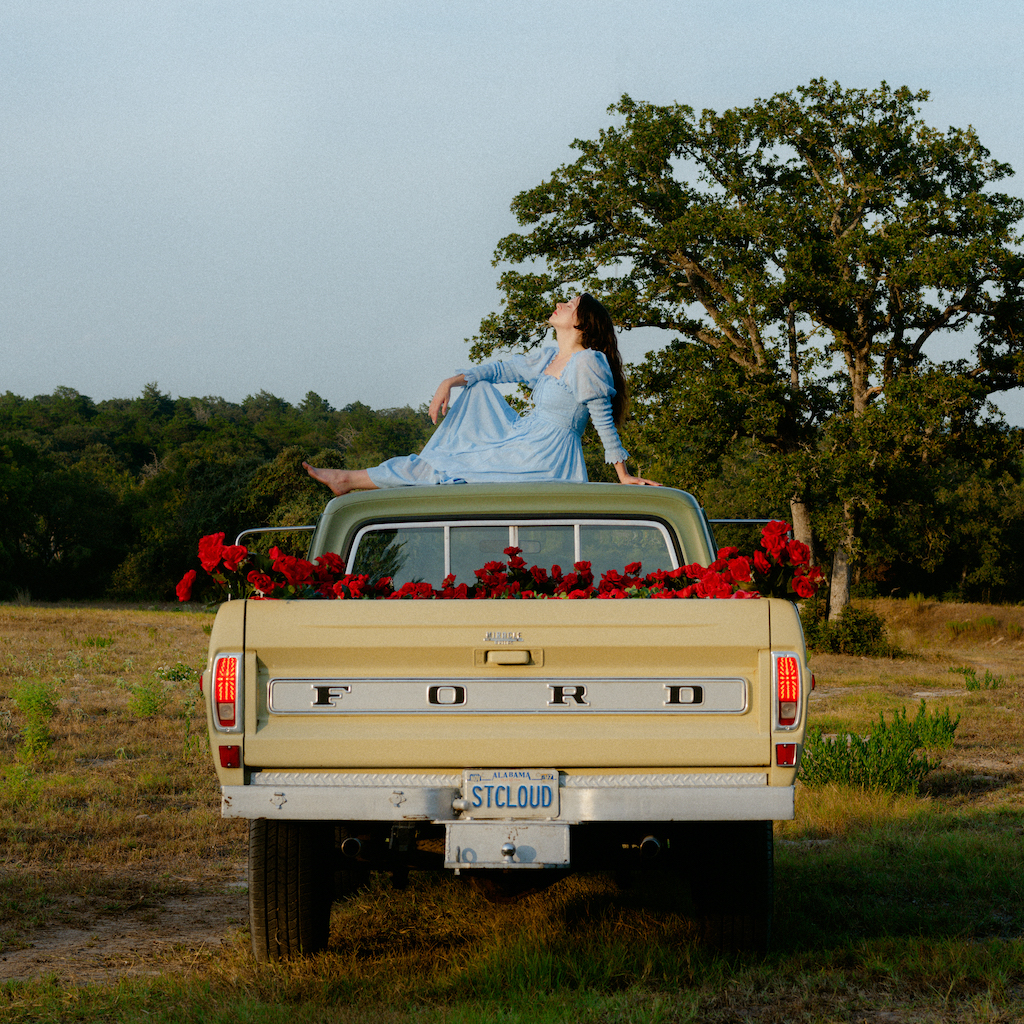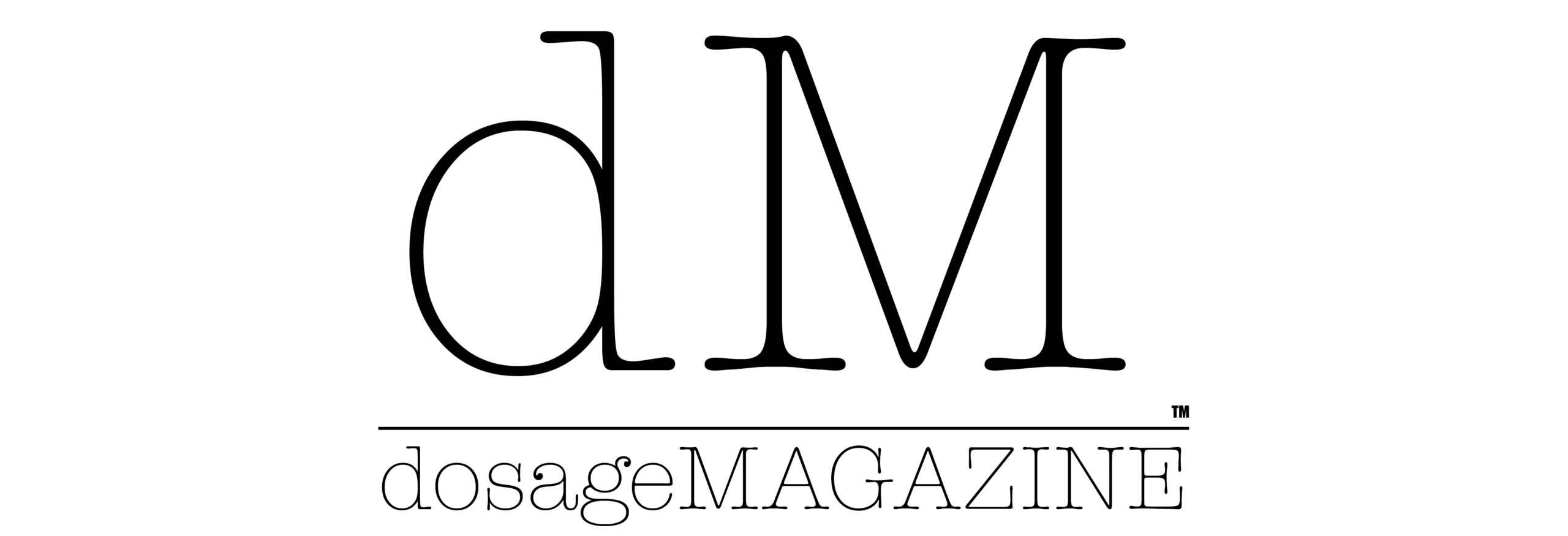
Katie Crutchfield and Waxahatchee’s fifth full length album, “Saint Cloud” is new and open, but lived-in, and wearily reflective too.
It’s hard to believe, from the high, cool breezy vocals and fresh-faced folksy musicality of Katie Crutchfield’s “Saint Cloud” album – released days ago, on March 27 – that this is the fifth full-length from Philadelphia’s Waxahatchee project. “Saint Cloud” is new and open, but lived-in, and wearily reflective too. On a first listen, the soft jangle of “Lilacs” and the tickle of “Fire,” the initial singles from “Saint Cloud,” sound as if they’re bathed in sunlight and spun in cotton. But this is Katie Crutchfield we’re talking about, a one-woman confessional booth filled with more broken hearts, bruised emotion and busted-up memories to last a lifetime.
Crutchfield commenced her career as Waxahatchee with the deeply confessional, cranky indie-pop of “American Weekend” in 2012, and since that time (and additional albums such as the aggressive “Tripp” and the harder, edgier “Out of the Storm”), If you lined up every Tammy Wynette record, back-to-back, it would be a race to hear whose aches ran deeper.

After the stripped-to-the-bone, piano-led affair of 2018’s “Great Thunder” EP, Waxahatchee’s new “Saint Cloud” does manage a Wynette-like country and western-inspired soft rock vibe. Aided and abetted by session players and singers Bobby Colombo and Bill Lennox of Bonny Doon, Hiss Golden Messenger and Bonny Light Horseman’s Josh Kaufman, and Elvis Perkins in Dearland’s Nick Kinsey, Crutchfield sounds more “country” than she has in the past – a chilled-out twang that shows off her Southern roots – but, the lyricist Katie, is more ruminative, philosophical and enlightened on “Saint Cloud” than she has been on past confessional recordings. Ballads such as “Ruby Falls, jumpier, skiffling numbers such as “Can’t Do Much” and additional images of rural, rustic charm sound off her Birmingham, Alabama birthright proudly and loudly.
The softcore soliloquies of “Saint Cloud” are ripe, too, with notions of personal doubt (on “Hell” and a lyric such as, “I’m in a war with myself/It’s got nothing to do with you”), oblique references to addiction of all stripes, and the ways in which we move through and beyond al notions of love to find (hopefully) a deeper sense of self. If a song such as “The Eye” is any indication – with its lines like “Our feet don’t ever touch the ground/Run ourselves ragged town to town/Chasing uncertainty around, a siren sound” – Crutchfield comes out from the shadows of this “Cloud” with wings.
About Post Author
Discover more from dosage MAGAZINE
Subscribe to get the latest posts sent to your email.


